Kaixin Liu
XNN: Paradigm Shift in Mitigating Identity Leakage within Cloud-Enabled Deep Learning
Aug 09, 2024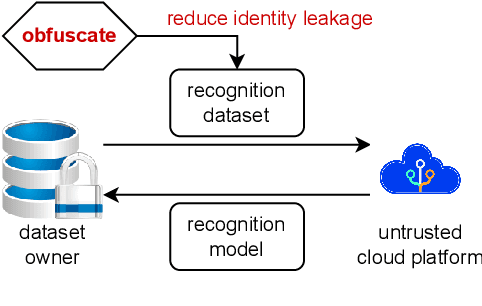
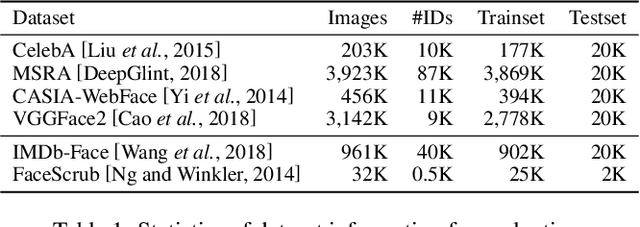
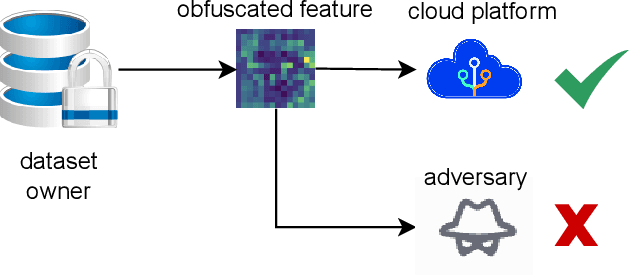
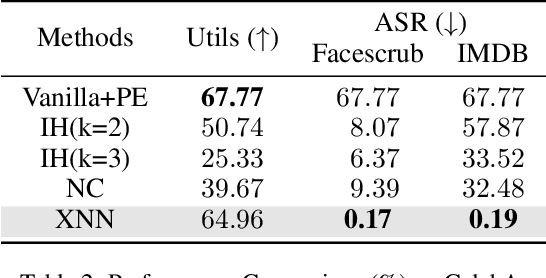
Abstract:In the domain of cloud-based deep learning, the imperative for external computational resources coexists with acute privacy concerns, particularly identity leakage. To address this challenge, we introduce XNN and XNN-d, pioneering methodologies that infuse neural network features with randomized perturbations, striking a harmonious balance between utility and privacy. XNN, designed for the training phase, ingeniously blends random permutation with matrix multiplication techniques to obfuscate feature maps, effectively shielding private data from potential breaches without compromising training integrity. Concurrently, XNN-d, devised for the inference phase, employs adversarial training to integrate generative adversarial noise. This technique effectively counters black-box access attacks aimed at identity extraction, while a distilled face recognition network adeptly processes the perturbed features, ensuring accurate identification. Our evaluation demonstrates XNN's effectiveness, significantly outperforming existing methods in reducing identity leakage while maintaining a high model accuracy.
Privacy-preserving Adversarial Facial Features
May 08, 2023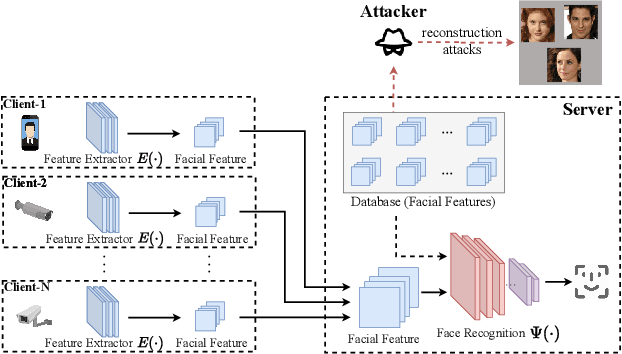


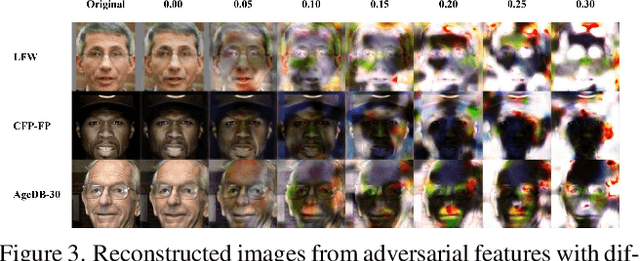
Abstract:Face recognition service providers protect face privacy by extracting compact and discriminative facial features (representations) from images, and storing the facial features for real-time recognition. However, such features can still be exploited to recover the appearance of the original face by building a reconstruction network. Although several privacy-preserving methods have been proposed, the enhancement of face privacy protection is at the expense of accuracy degradation. In this paper, we propose an adversarial features-based face privacy protection (AdvFace) approach to generate privacy-preserving adversarial features, which can disrupt the mapping from adversarial features to facial images to defend against reconstruction attacks. To this end, we design a shadow model which simulates the attackers' behavior to capture the mapping function from facial features to images and generate adversarial latent noise to disrupt the mapping. The adversarial features rather than the original features are stored in the server's database to prevent leaked features from exposing facial information. Moreover, the AdvFace requires no changes to the face recognition network and can be implemented as a privacy-enhancing plugin in deployed face recognition systems. Extensive experimental results demonstrate that AdvFace outperforms the state-of-the-art face privacy-preserving methods in defending against reconstruction attacks while maintaining face recognition accuracy.
 Add to Chrome
Add to Chrome Add to Firefox
Add to Firefox Add to Edge
Add to Edge